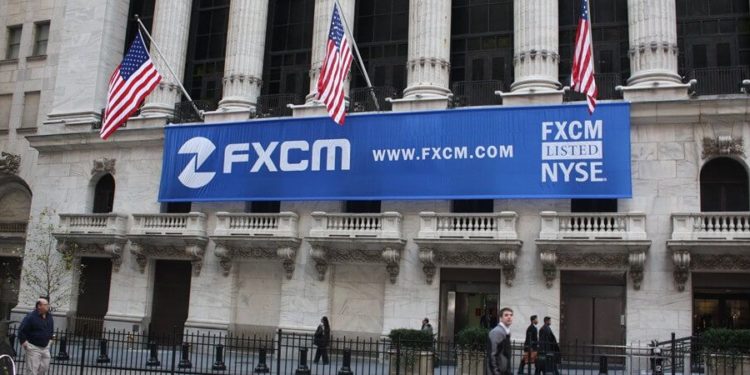The “mega lawsuit” as it’s called, targeting Dror Niv, Global Brokerage Inc (Formerly known as FXCM Inc), and William Ahdout has continued within the Southern District Court of New York.
Trying To Recover Investments Made
The case was launched by the investors of FXCM Securities in regards to events that had transpired in February of 2019. During this time, the broker had announced that a settlement with the US authorities has led to FXCM exiting the retail FX markets of the US. In response to the orders of both the NFA and CFTC, the price of FXCM’s stocks took a sharp drop, alongside FXCM Notes, as well. This, as one would imagine, damaged the holdings of the investors.
The plaintiffs have started to pursue claims on behalf of a class of investors of FXCM, doing so under §§ 10(b) and 20(a) of the Securities Exchange Act of 1934. This lawsuit is against FXCM itself, the co-founder, CEO, and Chairman of the Board, Dror Niv, as well as the co-founder, Chief Dealer, director, and Managing Director of FXCM, William Ahdout.
A Hard Push Back
In the lawsuit, the proposed class of the suit is defined as any and all persons and entities that had acquired or purchased publicly traded securities from Global Brokerage, formerly FXCM. This includes the Class A common stocks, as well as FXCM 2.25% Convertible Senior Notes due 2018. This only applies, however, if these purchases were made during the period between the 15th of March, 2012 and the 6th of February, 2017. The dates mentioned above are inclusive of this time frame, as well.
On the 21st of May, 2020, William Ahdout, Dror Niv, and Global Brokerage Inc all filed their answer to this third-amended complaint within the case. The response from the defendants entailed an impressive list of 46 affirmative defenses.
Aiming For The Virtue Of Quantity
The defendants are holding claims that the complaint had failed, either wholly or partly, to adequately state a claim where relief can be granted.
Piling on, the claims of the plaintiffs are either wholly or partly barred. The reasoning for it, is due to the fact that the defendants in question did not make any misleading or false statements in regards to material facts, nor did they omit to state any material facts, as well.
The defendants went further, claiming that the plaintiffs, as well as the members of the putative class itself, all had a duty to take reasonable action. These actions entail minimizing any form of damages that they alleged had occurred as a direct result of the facts claimed within the complaint.








